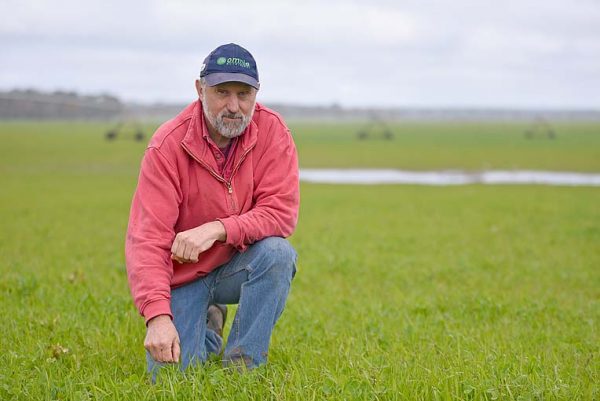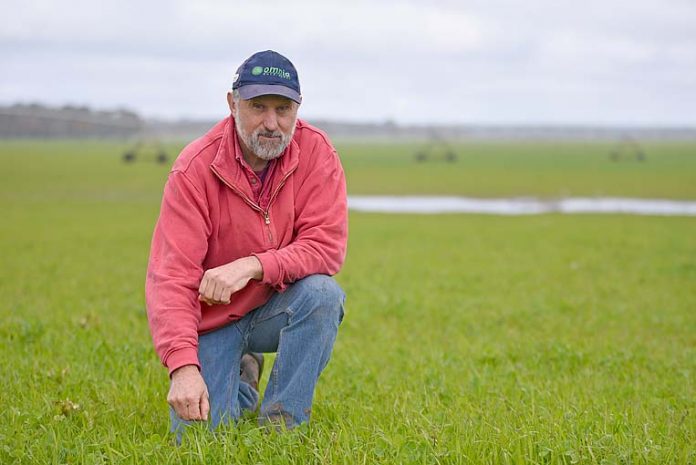
A MINGBOOL potato farmer has hit back at a State Government decision to allow councils to apply to ban genetically modified (GM) crops.
Under agreed amendments to the government’s GM bill, councils would have a time-limited ability to apply to be a GM crop cultivation free area, with the final decision resting with Primary Industries and Regional Development Minister Tim Whetstone.
The changes – which are likely to pass parliament with the support of the State Opposition – require councils to consult with primary producers and food manufacturers in the area as well as the broader community.
However Penola-based farmer Terry Buckley said allowing councils to decide whether the region could to grow GM crops or not was something he was not keen on.
“Each council will have to look at it from a different perception,” Mr Buckley said.
“Being a potato farmer I also run sheep and I have looked into some of this GM business along the way.
“I tend to think GM is not necessary and I am concerned GM crops allow farmers to continue working in a bad situation where soil can be put in a bad place and will need to be fixed later on.”
Mr Buckley said one concern raised was in regards to glyphosate-based herbicide and similar products.
“Those products are already under scrutiny across the world and most of the interest in our state is crops using glyphosate-based herbicide products and similar things,” he said.
“I believe these products can be essential and we do need it to help maintain soil otherwise we will go back to plowing which can cause erosion problems.”
Mr Buckley said it was wise for farmers to maintain the glyphosate-based herbicide products for what they were made for.
“Once people start to use it more intensely, that is when it could become a problem that can get much worse,” he said.
“The other thing is the process of plant breeding which is going well because if there is a trait that is not wanted then it is easy to see.
“But the issue is you tend to have the concentration of variety control and it falls into fewer and fewer hands.”
Mr Buckley said GM crops would make growing non-GM or organic crops almost impossible due to the risk of accidental contamination.
“In reality it is extremely difficult to keep it on your side of the fence,” he said.
Wattle Range chief executive Ben Gower said he was unaware of the government’s plan to allow councils to apply for the GM-free zones.
“I have no idea where it has come from,” he said.
“This is the first we have heard of it.”








